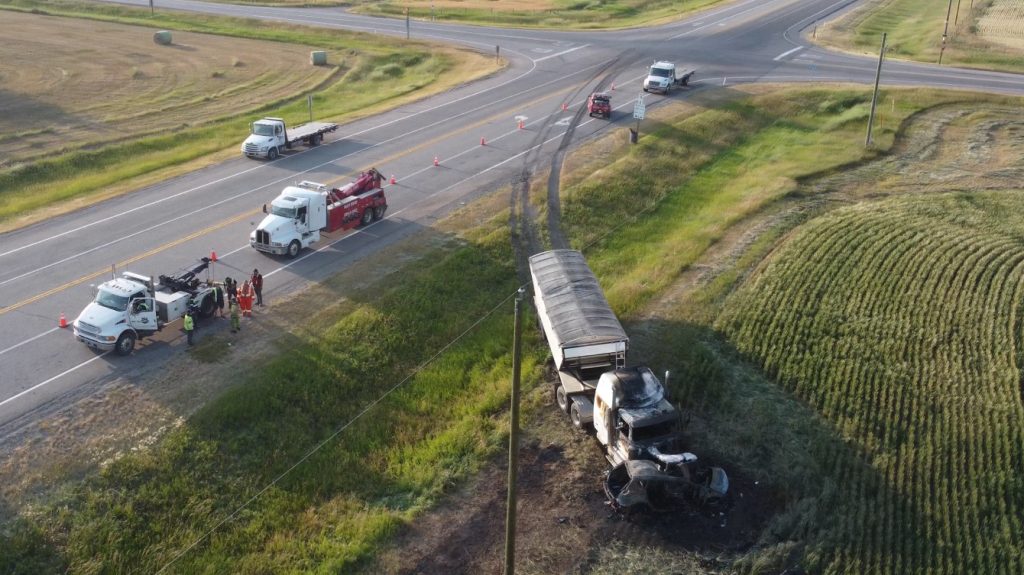Switching to daylight saving time permanently could have negative impacts: sleep expert
Posted Sep 27, 2021 7:20 am.
Last Updated Sep 27, 2021 7:35 am.
CALGARY – As Albertans prepare to vote on whether to keep or do away with changing the clocks twice a year, one sleep expert is advocating for staying on standard time permanently.
When you head to the polls in municipal elections on Oct. 18, the provincial government will have another question on the ballot for you: Do you want Alberta to adopt year-round Daylight Saving Time, which is summer hours, eliminating the need to change our clocks twice a year?
RELATED: Equalization, daylight saving, and senators all to be on fall referendum ballot
“People like me who study sleep and circadian rhythms actually have been advocating to get rid of the spring forward, fall back for years because there are consequences to health and safety,” said Dr. Michael Antle, a neuroscience professor at the University of Calgary.
He says there are numerous reasons as to why Alberta shouldn’t adopt year-round daylight saving time, pointing to a couple of other studies on switching the clocks.
“The United States tried this in 1973 and they were going to do a two-year pilot project on this and they gave up on it halfway through the first winter because there are a large number of car accidents of children waiting for the bus. People have said well it’s probably driving in the dark but it’s actually more sleepy drivers being forced out of bed before their body is ready,” he explained.
“Russia tried it again in 2012 and gave up on it after two years and they’ve gone back to permanent standard time because these really dark winter mornings are really hard to deal with.”
RELATED: Tips on preparing for the switch to Daylight Saving Time
For someone starting their workday at around 8 a.m., the late sunrise impacts our social clock, creating a disconnect between what your body is telling you to do and what your daily life is telling you to do.
Maximizing morning light can help align those two conflicting clocks. Antle says people who experience later sunsets have about 19 minutes less sleep every night.
“Especially for Alberta, where most of our population is a lot further north than most other provinces, people are really going to feel the affects of not having that sunrise. In Calgary it’s going to be 9:30 a.m., Edmonton will be even worse. In places like Grande Prairie, it will be almost 10:30 before the sun rises in December.”
In November 2019, Service Alberta Minister Nate Glubish launched an online survey asking Albertans if they want to keep summer hours all year round. it came after British Colombia proposed a bill that would do the same.
“We don’t want to follow everybody else. We need to look at the unique situation that’s happening in Alberta and because our population lives so far north we really feel those effects of the short days. In British Columbia, most people live in the Vancouver/Lower Mainland area, very close to the U.S. border. So they don’t have the same extreme photoperiods that we have,” said Antle.








